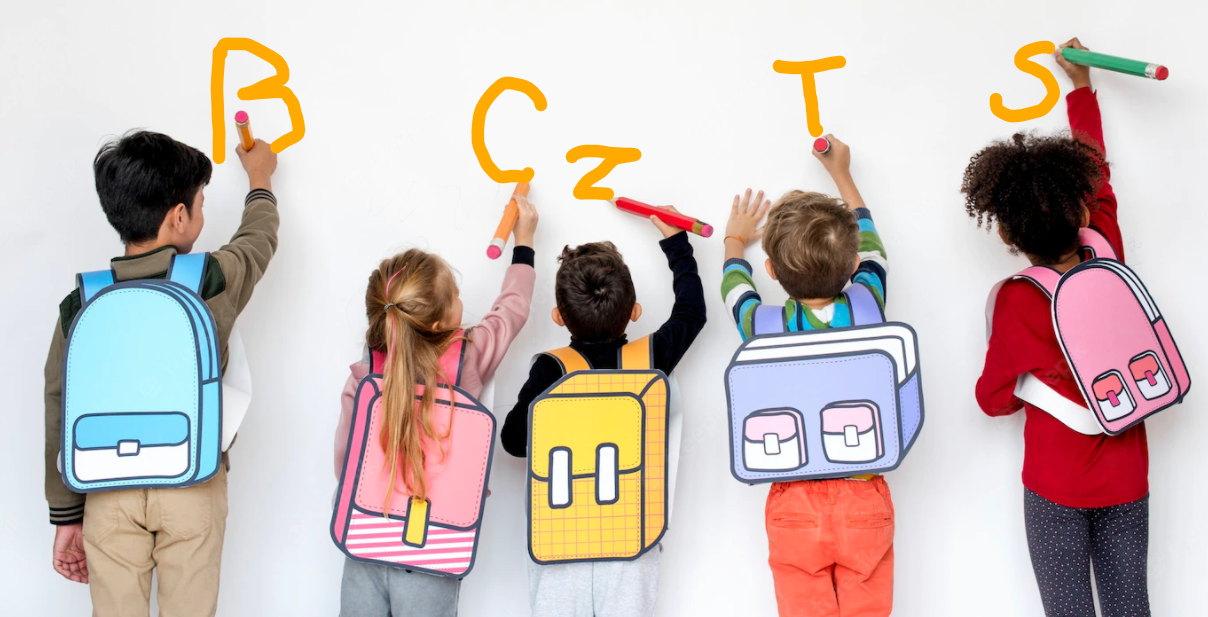Few adults are convinced that free play is essential
As a family, it is often in competition with other activities deemed more "educational." Even in some crèches, "free" play is relegated to a few transient moments of the day, such as arrivals and departures. At school, could you not talk about it? At 6, you are already too big to play. Even in the playgrounds, no more balls, no more "scratch balls," no more games.
What a pity!
No need to be a great scientist. We know that a child who has played well is calmer. We know that when he has discovered a game he likes, the more he plays, the more he knows how to play, the more he wants to play, and the more profitable the game because the game sessions are longer more inventive…. Concentration, attention, imagination, relationships, self-confidence, well-being.
Free play and directed play
Alongside free play, there is guided play, an activity whose development and material supports are planned by an adult. These are motor skills courses for the little ones, interlocking or assembly games with adults, painting, modeling clay, etc. The fun quality of these activities depends on the excellent organization of the adults and their benevolence.
In free play, adults do not have the role of leader. Their essential presence, for young children, is there to reassure and possibly respond to a request for participation, but no more. Free play is a less supervised situation. Again, free play and directed play are equally educational when adapted to children's skills.
But one cannot replace the other, and alternating between these two types of games is the guarantee of a successful day. Free play and directed play mobilize energy, skills, know-how, relationships between children, and connections with adults differently. For children, alternating between these two types of games allows them to understand the nuances of autonomy.
Playing is a global, essential, irreplaceable educational activity, but why?
To try an experiment, review and revise everything you have understood or started to understand. The game is a time of assimilation of all that has been discovered. To relieve feelings, replay them and slowly learn them until you can free yourself from them: the game is a privileged and unique moment for emotional intelligence.
To experience your global being, in a moment when everything is called upon, body and mind, and where everything is gradually coordinated between impulsiveness and inhibitions.
The main stages of the game
There are stages in the child's life and the same in the game. They are the same because free play depends on the child's capacities in the different registers of his personality, physical, emotional, relational, intellectual. Jean Piaget, a great biologist, and psychologist were the first to decipher the great moments in the development of children and their games. He explains it in a book that remains fascinating, "The formation of the symbol in the child."
The first stage is that of early learning games, also called exercise games, which include sensory games, gross motor games (jumping, rolling, crawling, sliding, etc.), and manipulations to catch, screw, turn, shoot, throw,. ..
Then come to the symbolic games called imitation games or role-playing games with toys such as dolls, disguises, workbenches, vendors, doctor's cases.
When toddlers play
For a toddler, to play is to live, but the wordplay is used when there is a relationship with a toy object or even a toy person, such as the father's nose or the mother's hair. What is the contrast between peeking at the moving curtain or the ring of the swinging entrance, feeling the sheet's softness, or the stuffed animal... For a baby, none, if he is alone with the object.
For a toddler, play is to be aware of what surrounds him. We say that he is playing when we present him with a toy that invites him to make particular movements, experience new sensations and try to understand... and yes, already at five months, he is a researcher, a discoverer, an inventor.
Play with the rule
Playing games of rules makes it possible to understand that life in society and the pleasure of together require rules and that everyone understands and accepts them. The board game is undoubtedly one of the best ways to learn to live together.
Also Read: The Soft Roots





2 Comments
grt
ReplyDeletenice
ReplyDelete